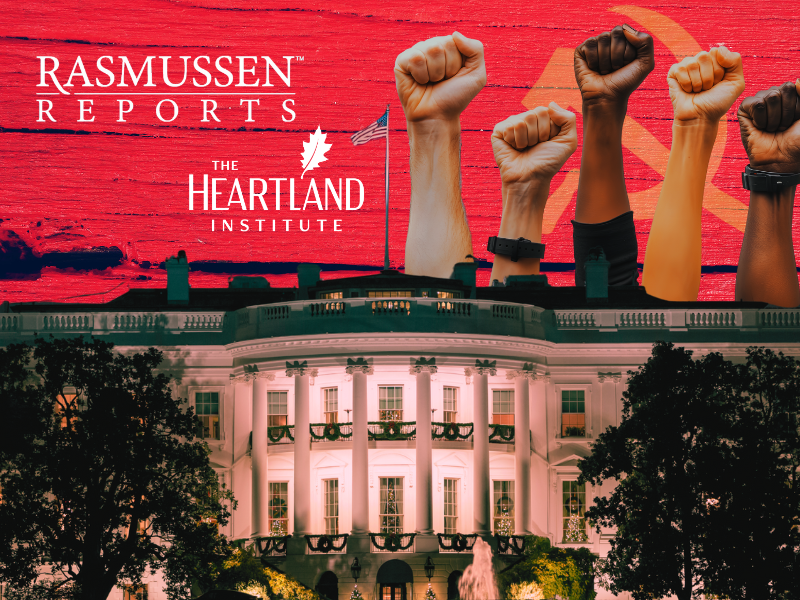Democratic Party members of the U.S. House of Representatives are urging committee chairmen to stall the progress of House Resolution 10, the Financial CHOICE Act, after the House Financial Services Committee voted in April to allow the bill to proceed to the House floor for consideration.
On May 3, U.S. Reps. Elijah Cummings (D-MD), John Conyers Jr. (D-MI), and Bobby Scott (D-VA) called on Reps. Jason Chaffetz (R-UT), Virginia Foxx (R-NC), and Bob Goodlatte (R-VA) to block HR 10 by having the bill referred to committees they lead—the Committee on Oversight and Government Reform, the Committee on Education and the Workforce, and the Committee on the Judiciary, respectively—instead of proceeding to a full vote.
The Financial CHOICE Act, sponsored by Rep. Jeb Hensarling (R-TX) in April, would remove some financial restrictions enacted by the Dodd-Frank Wall Street Reform and Consumer Protection Act of 2010, commonly referred to as “Dodd-Frank.”
Dampening Economic Recovery
Thaya Brook Knight, associate director of financial regulation studies at the Cato Institute, says Dodd-Frank banking restrictions have throttled the country’s recovery from its most recent economic recession, which began in 2008.
“This recovery has been a very slow one,” Knight said. “In the past, you tended to see a sharp recession followed by a sharp recovery, and you don’t see that here. Every crisis is different, and it may be some other factor, but the fact that we do have all of this new regulation that people have to worry about is going to affect the flow of funds, and it’s going to affect the [economic] growth rate.”
Big Banks Benefit
Knight says increasing the cost of regulatory compliance “always” benefits bigger businesses at the expense of smaller competitors.
“Bank of America can bear those costs that small banks cannot,” Knight said. “If you add a lot of regulations, they are always going to favor incumbents and large established corporations.”
Intentions and Results
David D’Amato, a law professor at DePaul University, says Dodd-Frank is a cure that’s worse than the disease it was prescribed to treat.
“The problem is that, good intentions notwithstanding, the law seems to be aggravating the very problem it hoped to solve, by concentrating market share in mega-banks and reducing the number of regional and community banks,” D’Amato said. “Bank mergers and acquisitions are therefore at some of their highest levels. This means that consumers confront extremely powerful oligopoly firms, which are able to offer terms on a ‘take it or leave it’ basis. Community banks can’t afford to compete, so they go under.”
More Reforms Needed
Repealing Dodd-Frank would be a good starting point for reform, D’Amato says.
“If it passes, there will remain thousands of needless regulations that limit competition, often, as noted, to the benefit of the largest, most entrenched and politically savvy national banks,” D’Amato said. “Reform in this area should focus on lowering legal and regulatory barriers to market entry, thus opening the way for competition, the only mechanism that actually protects consumers.”



